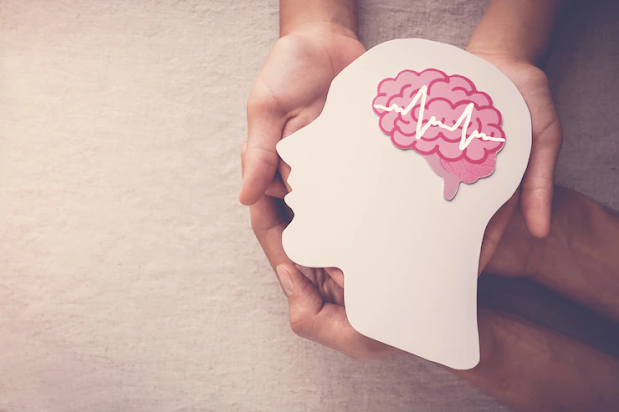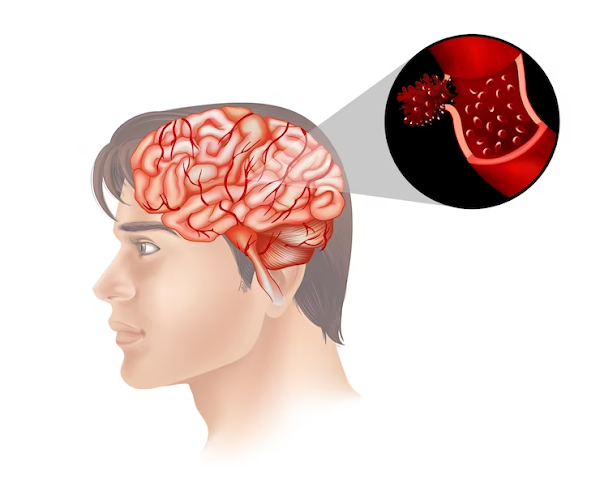How Brain Injury Support Services Are Making a Difference?
The most common cause of traumatic brain damage is a severe blow to the head or body. Traumatic brain damage may also result from an item passing through the brain tissue, such as a gunshot or a piece of fractured skull bone. Therefore, Brain Injury Support Services helps people with brain injuries in their quest for productive employment.
Your
brain cells may have a brief detrimental effect from mild traumatic brain
damage. A more severe traumatic braininjury may result in bleeding, tissue damage, bruising, and other physical
harm to the brain. These wounds may have long-term effects or possibly be
fatal.
TBIs
can affect anybody, although men account for about 80% of all cases. TBIs also
occur more often in adults over 65. This age group is more prone to falling and
striking their heads when they lose their equilibrium. However, even young
children can get traumatic brain injuries (TBIs) from accidents like falling
from a bed or changing tables, or, less frequently, from maltreatment.
TBI Symptoms Might Include:
The kind of injury and the degree of brain damage determine
the TBI symptoms.
There
may be a short loss of consciousness. Many mild TBI sufferers, however, recover
consciousness after the injury.
● Headache
● Confusion
● Lightheadedness
● Dizziness
● fatigued or blurry eyes
Brain injuries may happen to anybody. In fact, a traumatic brain injury happens every 23 seconds, according to the Brain Injury Association. A vehicle accident, a fall from a ladder or roof, an athletic injury, or a stroke are just a few instances where brain injuries can occur suddenly and at any moment. Memory, behavior, personality, and speech can all be affected by brain injury. One's life is affected in every way by brain damage.
For those who have survived a brain injury, the rehabilitation process might take a while. Following months of tiring physical, occupational, and speech treatment, the body must first recuperate. But when the first therapy is complete, what happens? How do you visit your relatives again? Your position? In your life?
One of the country's first programmes of its type, the Brain Injury Support Services programme aids people with brain injuries in their quest for productive employment. The effectiveness of the programme depends on the knowledge that every aspect of life has an impact on employment. We acknowledge the individuality of every person and every brain damage. We make an effort to meet each person's demands.
Group And One-On-One Services Offered Include:
Assessment
Participants receive a thorough Assessment before receiving BISS services in order to determine their strengths and needs. The BISS team compiles a tailored summary of each participant's needs in relation to cognitive rehabilitation, mental health, case management, and vocational skills using both formal and informal assessment.
Cognitive Rehabilitation
Based on the findings of the assessment and the unique service plan for each client, cognitive rehabilitation services are intended to offer intensive assistance. Cognitive rehabilitation therapy, therapy and counselling, occupational information, and case management are among the services offered.
Vocational Services
Brain Injury Support Services offers vocational services to help individuals with brain injuries find employment or develop skills that can lead to employment. They offer a range of vocational programs, including job coaching, skills training, and job placement services.
Stroke Support Group
BISS offers a stroke support group that provides a safe and supportive environment for individuals with brain injuries to connect with others who are experiencing similar challenges. Through the group, participants can receive emotional support, education, and practical advice to help them cope with the physical, emotional, and cognitive effects of a brain injury.
Outreach and Education
Brain Injury Support Services provides outreach and education to increase awareness and understanding of traumatic brain injuries in the community. They offer training sessions for healthcare professionals, educators, and community members to help them recognize the signs and symptoms of a brain injury and provide appropriate support.
What Results In A Traumatic Brain Injury (Tbi)?
Following
a serious head injury, your brain may modify how it utilizes chemicals and
energy to repair the damage. These alterations may result in headaches,
sensitivity to light and sound, and disorientation. In mild TBIs, these
alterations are transient and do not result in long-term brain damage. In more
severe injuries, these alterations may last longer and result in the death of
brain cells. These mechanisms may cause the brain to enlarge inside the skull.
The swelling might endanger the brain much more.
Take Away!
Brain Injury Support Services are a valuable resource for
individuals and families affected by traumaticbrain injuries. Their comprehensive services can help individuals with
brain injuries achieve their goals and improve their quality of life, while
their stroke support group can provide emotional support and a sense of
community during the recovery process. If you or someone you know has
experienced a traumatic brain injury, consider reaching out to Brain Injury
Support Services to learn more about their services and how they can help.



Comments
Post a Comment